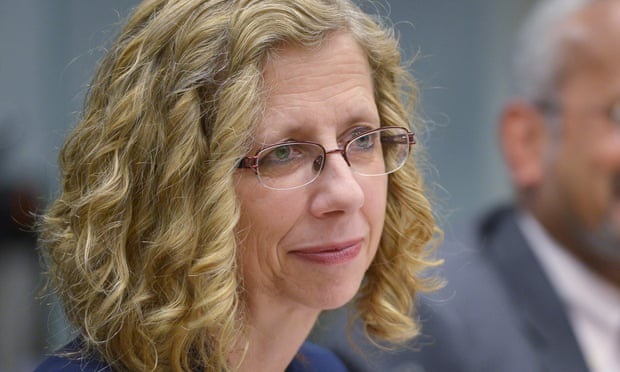Governments have begun negotiating a political declaration on the environment to be adopted in 2022. The year will mark the 50th anniversary of the UN Conference on the Human Environment, which took place in Stockholm, Sweden, in 1972, and established the UN Environment Programme (UNEP).

In May 2018, the UN General Assembly (UNGA) mandated a series of negotiations to consider possible gaps in international environmental law and environment-related instruments, with a view to strengthening their implementation (resolution 72/277, ‘Towards a Global Pact for the Environment’). These meetings took place in Nairobi, Kenya, in 2019.
The resulting recommendations did not call for creating a new international instrument to address legal gaps, but instead for the UNGA to:
- Encourage UN Member States and all members of the specialized agencies to strengthen, “where needed,” environmental laws, policies and regulatory frameworks at the national level, as well as capacities across all sectors for effective implementation of international environmental law (IEL), including in the administrative and justice sectors, in accordance with national legal systems;
- Encourage UN Member States and all members of the specialized agencies to mainstream environment into sectoral policies and programmes at all levels, including into national development and sustainable development plans;
- Encourage the “active and meaningful engagement” of all relevant stakeholders at all levels in the different forums related to the implementation of IEL and environment-related instruments;
- Encourage UNEP, as chair of the Environment Management Group, to continue to strengthen system-wide inter-agency coordination on the environment, and to call for the implementation of system-wide strategies on the environment; and
- Forward the recommendations to the UN Environment Assembly (UNEA) for consideration, and for UNEA to prepare, at its fifth session (UNEA-5), a political declaration for a UN high-level meeting, subject to voluntary funding, in the context of commemoration of UNEP’s creation in 1972, with a view to strengthening the implementation of IEL.
The UNGA endorsed these recommendations in August 2019 (resolution 73/333). To follow up on that mandate, the Committee of Permanent Representatives to UNEA is holding a series of three informal substantive consultation meetings. The co-facilitators for the consultations are Saqlain Syedah, Pakistan, and Ado Lohmus, Estonia.
Convening virtually from July 21 to 23, 2020, the Committee of Permanent Representatives held the first of its three meetings. According the report of the meeting released on August 9, governments exchanged views on international environmental law and the appropriate focus for the political declaration.
- A “large majority of States” stressed the importance of the Rio principles in the political declaration.
- Some called for the declaration to advance implementation of the 2030 Agenda and the SDGs.
- The EU suggested that common understanding is needed on interpreting the principles of international environmental law, and Colombia and New Zealand called for stating the principles in the declaration. The Civil Society Group also supported agreeing on a set of principles for environmental rights.
- The Africa Group and Chile preferred the declaration to focus on the means of implementation.
- Turkey said the declaration should include practical measures of implementation, but no technical details.
- The Civil Society Group favoured “political commitments, targets and timelines.”
- Japan said the political declaration is a chance to demonstrate strong political will to strengthen international environmental law and governance.
- The EU called for the political declaration to include a follow-up mechanism.
- The US reaffirmed that it would oppose action to follow up on the 2019 recommendations.
The second substantive consultation meeting is expected to take place in October 2020, and the third and final meeting in January 2021, with the aim of defining a “framework” for UNEA-5, which is expected to convene in February 2021.
Courtesy: SDG Knowledge Hub
